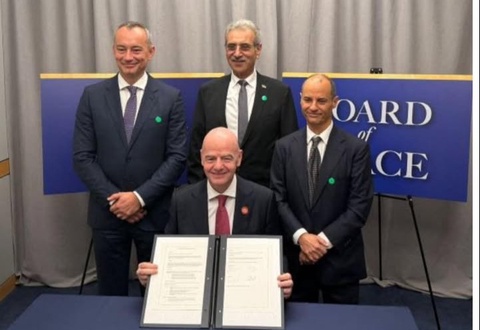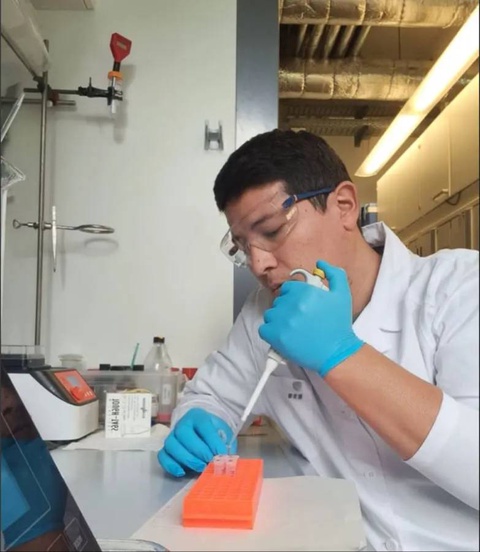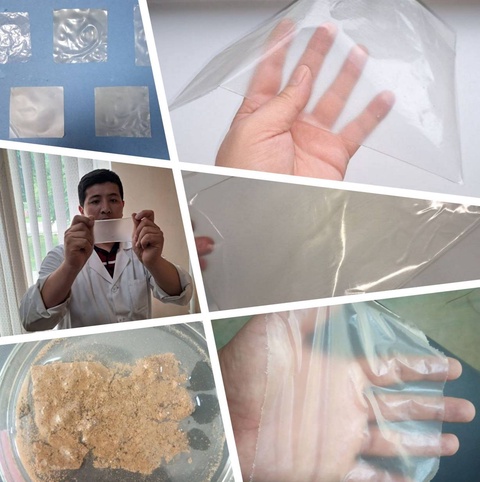The approach is based on the inhibition of the enzyme SOAT2 (sterol O-acyltransferase 2), which plays a key role in the absorption of fat in the small intestine. This method represents a promising way to reduce fat absorption and thereby prevent the development of obesity caused by a high-fat diet.
To deliver therapeutic molecules, the research team has developed a system of nanoparticles, which are a polymer core coated with a protective shell. These nanoparticles deliver small interfering RNAs (siRNAs) to the small intestine, where they inhibit SOAT2 by blocking fat absorption.
In experiments on mice, the researchers demonstrated that the use of nanoparticles reduces fat absorption, preventing obesity even with a high-fat diet. This method is not only effective, but also safe: it avoids the accumulation of fat in the liver, which was observed in previous studies when blocking SOAT2 in the liver.
The mechanism of action includes degradation of the CD36 protein responsible for the transport of fats. Suppression of SOAT2 triggers cellular stress and activates the RNF5 enzyme, which promotes the destruction of CD36, which significantly reduces the absorption of fat in the intestine.
In the future, the researchers plan to test on larger animal models to confirm the effectiveness and safety of the therapy for possible use in humans, reports lenta.ru.













